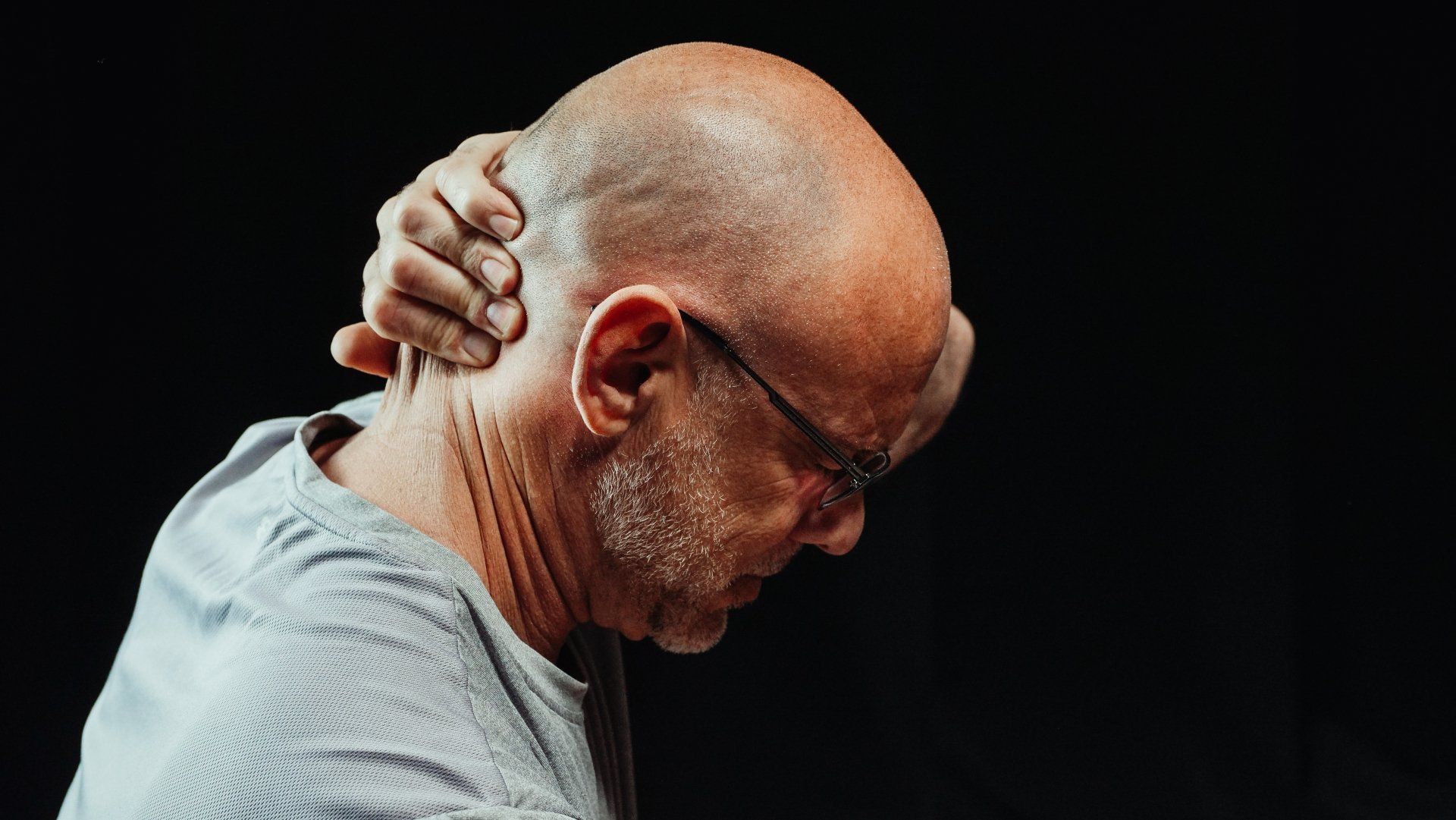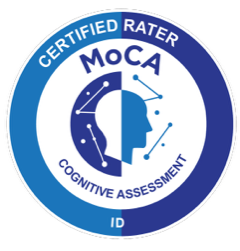Whatss Your Story?
Changing the Story
As 2020 draws to a close I have been thinking a lot about the idea of stories and how they shape and form our experience of life.
A few years ago I attended the Royal College of Chiropractors event in the UK and the keynote speaker was a lady called Dr Sarah Goldingay, a dramatist (not a medical doctor) who was working with a medical team looking at the role of stories in health, wellbeing and outcomes for patients.
The crux of her thesis was that, if I as a practitioner I am unable to tell you a story of how to overcome the issue and pain you are suffering with, whether that is shoulder pain, headaches or low back pain, it is going to be very hard for you to find a way to get better.
The truth is that stories have the ability to impact us in a positive way or in a negative way. I often have people in the clinic that will say something like “I’ve accepted I’ll never be able to lift my arm above my head, I fell of a horse when I was 18 years old and my shoulder has never been right since”. This is a very negative story and the problem with it is that it reinforces the belief that because of the fall you will never be able to restore your mobility and your shoulder is never going to get better.
Another common thing I hear is “it’s my age, its just wear and tear and I will have to put up with it” – I am not so sure that is true either. If age was the only factor everybody would be suffering with wear and tear injuries and they are not.
The fact is that when the environment is right the human body has a remarkable ability to heal itself. But in order for that to happen we also need to play our part, not only mentally by believing it is possible but also by looking at other areas of our health and well being which influence recovery. All types of stress have an affect on the bodies ability to recover, which is why reducing stress and making necessary dietary changes, exercise and nutrition is so important.
So what is required to change the story? I think that you can probably sum that up with one word, understanding, I don’t mean my understanding as a practitioner but rather explaining clearly so that you have a new understanding of what the problem is, why it has not healed in the past and how after appropriate treatment you have the ability and resources to rehabilitate.
Some may think that this is just a load of mumbo but over the years I have found that when I am able to articulate a clearer understanding (story) in a way that makes sense to the client of how rehabilitation is possible these clients do better.
Stay Up to Date - get new blog posts, videos and articles straight into your inbox
Contact Us
Blog Categories










